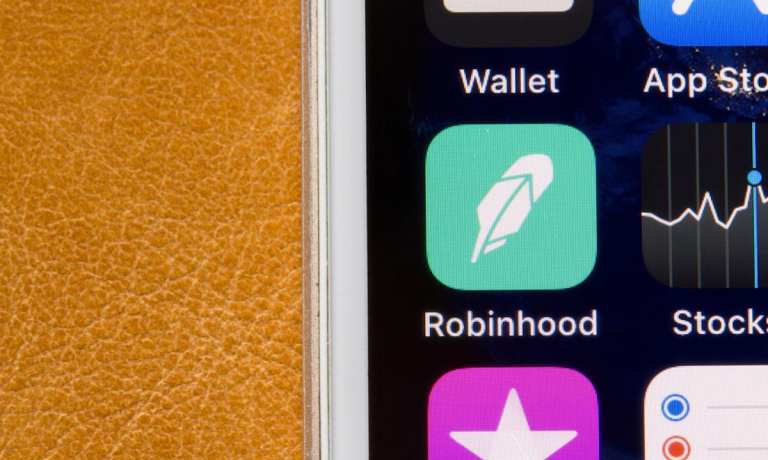Robinhood May Sell Shares Directly To Users If It IPOs

Robinhood is considering selling shares directly to its users if it opts to hold an initial public offering (IPO).
The FinTech group is reportedly mulling setting aside a significant number of shares for users if it goes public, but it has yet to make any final decisions, according to Bloomberg, who cited unnamed sources.
Bloomberg notes that such an offering would be unusual, as retail investors generally do not get an opportunity to participate in an IPO at the offering price. Having retail investors buy shares ahead of the opening could also limit the size of the rally of the stock on its first day of trading.
Robinhood’s platform is popular with amateur retail investors, particularly millennials and Gen-Zers.
Robinhood may go public as early as this quarter. The FinTech was valued at around $11.7 billion during a financing round in September and has more than 13 million user accounts, said Bloomberg.
The IPO would come on the heels of an SEC settlement by the company over claims that it misled users of its platform.
The SEC filed charges in mid-December accusing Robinhood of deceiving customers about how it makes money and failing to deliver the promised best execution of trades. Robinhood did not admit or deny the SEC findings, and agreed to pay $65 million to settle the claims.
The FinTech offers a brokerage app that is often favored by inexperienced investors. CNBC reported that the Silicon Valley startup has raised more than $1 billion in funding this year.
“Between 2015 and late 2018, Robinhood made misleading statements and omissions in customer communications (regarding) its largest revenue source when describing how it made money — namely, payments from trading firms in exchange for Robinhood sending its customer orders to those firms for execution, also known as ‘payment for order flow,’” an SEC statement read.
“One of Robinhood’s selling points to customers was that trading was ‘commission-free,’ but due in large part to its unusually high payment for order flow rates, Robinhood customers’ orders were executed at prices that were inferior to other brokers’ prices,” the statement added.
On Dec. 16, Massachusetts securities regulators filed a complaint against Robinhood alleging that the company aggressively marketed to inexperienced investors and failed to implement controls to protect them, violating state laws and regulations.
The Massachusetts complaint argues that the company aggressively marketed its business to newbie investors and exposed them to “unnecessary risks,” reported The Wall Street Journal, which reviewed an administrative complaint drawn up by the Massachusetts Securities Division. The complaint alleges that Robinhood fell “far short of the fiduciary standard” adopted this year that requires broker-dealers to act in their clients’ best interests.
Last May, Robinhood hired former SEC Commissioner Dan Gallaher as its chief legal officer. The company has also hired two new compliance officers.